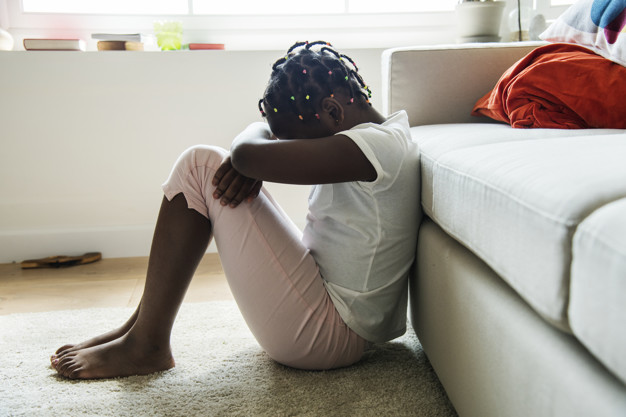Depression in Kids, what every Parent should know
What is Depression in Kids
Depression is a type of mood disorder. The main sign is when kids are sad, discouraged, or irritable for weeks, months, or even longer. Another sign a kid might have it is negative thinking. This includes focusing on problems and faults, being mostly critical and self-critical, and complaining a lot.
It’s normal for kids to feel sad, down, or irritated, or to be in bad moods from time to time. But when negative feelings and thoughts linger for a long time and limit a child’s ability to function normally, it might be depression.
It can interfere with energy, concentration, sleep, and appetite. Kids with depression may lose interest in activities and schoolwork, seem tired, give up easily, or withdraw from friends or family.
When kids have it, it’s hard for them to make an effort, even when doing things they used to enjoy. It can make kids feel worthless, rejected, or unlovable. It can make everyday problems seem more difficult than they actually are. When depression is severe, it can lead kids to think about self-harm or suicide.
Recognizing Depression
It can be hard for parents and other adults to know when a child is depressed. An irritable or angry mood might seem like a bad attitude or disrespect. Low energy and lack of interest might look like not trying. Parents (and kids and teens themselves) may not realize that these can be signs of depression.
Because depression can show up in different ways and might be hard to see, it helps to let a doctor know if feelings of sadness or bad moods seem to go on for a few weeks..
Getting Help
Depression and other mood disorders can get better with the right attention and care. But problems also can continue or get worse if they’re not treated.
If you think your child might be depressed or has a problem with moods:
Talk with your child about depression and moods. Kids might ignore, hide, or deny how they feel. Or they might not realize that they’re depressed. Older kids and teens might act like they don’t want help, but talk with them anyway. Listen, offer your support, and show love.
Schedule a visit to your child’s pediatrician. The doctor will probably do a complete physical exam. A full exam lets the doctor check your child for other health conditions that could cause depression-like symptoms. If the doctor thinks your child has it, or a similar mood disorder, he or she may refer you to a specialist for evaluation and treatment.
Contact a mental health specialist. Depression can get better. But without help, it can last or get worse. A child or adolescent psychiatrist or psychologist can evaluate your child and recommend treatment.
Therapists treat depression and other mood disorders with talk therapy, sometimes medicine, or both. Parent counseling is often part of the treatment, too. It focuses on ways parents can best support and respond to a kid or teen going through depression.
More Ways to Help
Treatment with a therapist is important. But you play an important role, too. At home, these simple but powerful things can help your child deal with depression.
Be sure your child eats nutritious foods, gets enough sleep, and gets daily physical activity. These have positive effects on mood.
Enjoy time together. Spend time with your child doing things you both can enjoy. Go for a walk, play a game, cook, make a craft, watch a funny movie. Gently encouraging positive emotions and moods (such as enjoyment, relaxation, amusement, and pleasure) can slowly help to overcome the depressed moods that are part of depression.
Be patient and kind. When depression causes kids and teens to act grumpy and irritable, it’s easy for parents to become frustrated or angry. Remind yourself that these moods are part of depression, not intentional disrespect. Avoid arguing back or using harsh words. Try to stay patient and understanding. A positive relationship with a parent helps strengthen a child’s resilience against depression.
Source: kidshealth.org







Recent Comments